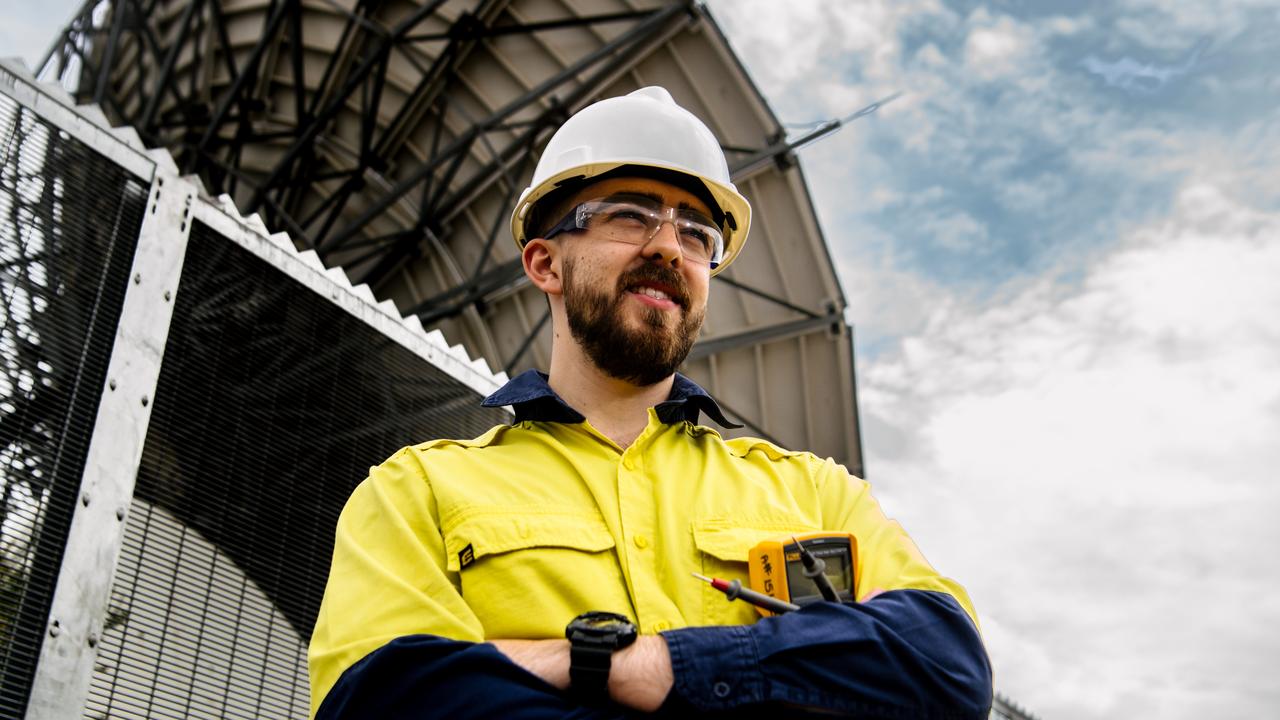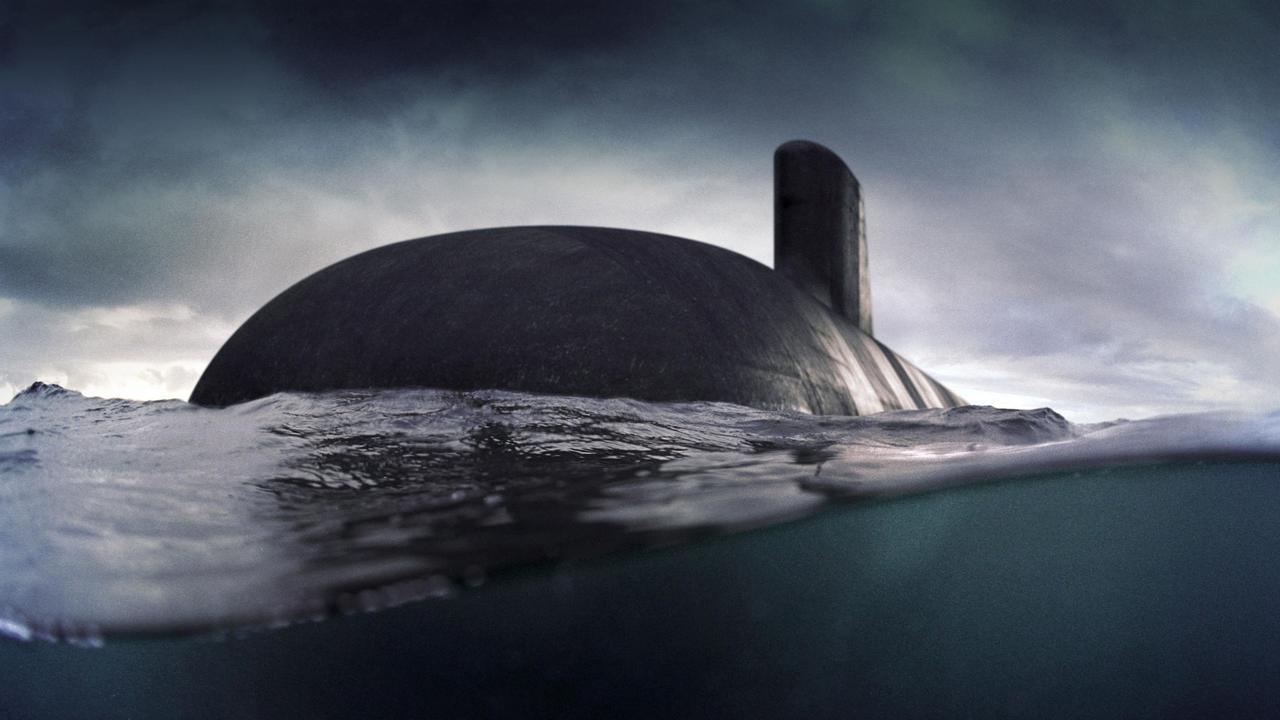WA’s Austal to partner with ASC and Luerssen on offshore patrol vessels contract, as Future Frigates bidder Fincantieri reveals local cruise ship construction plans
WORK on the first of three multibillion-dollar shipbuilding projects will start in SA next year. A bidder is being chosen today for the offshore patrol vessels contract, as another major player announces plans to build giant cruise ship components in Adelaide.
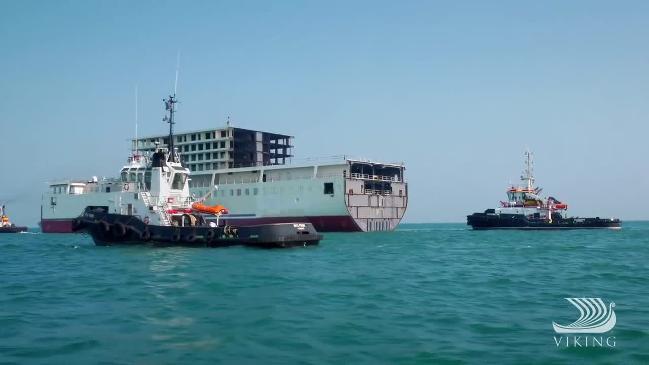
Jobs SA
Don't miss out on the headlines from Jobs SA. Followed categories will be added to My News.
- Fincantieri bidding for Future Frigates build contract
- Italian frigate bidder Fincantieri signs Flinders Uni deal
- Submarine technology to improve survival rates
WORK on the first of three multibillion dollar shipbuilding projects will start in SA next year with a bidder being chosen for the offshore patrol vessels contract, as a contender for another major project wants SA to become part of its global exports.
The Australian government is today expected to announce WA shipbuilder Austal will work with ASC and its German design partner Luerssen on the $3 billion offshore patrol vessels contract.
In a surprise twist, Austal’s bidding partner Fassmer been left out with the government preferring the OPV design put forward by ASC’s partner Luerssen, according to reports.
ASC is expected to build the first two vessels in South Australia from 2018 before the program is scheduled to move to Austal’s Henderson shipyard from 2020 for the remaining 10 vessels.
All 12 will be delivered by 2030 and replace the existing Armidale Class patrol boat fleet, built by the publicly-listed Austal, which is due to update shareholders later this morning, following and investor briefing.
The Advertiser also today revealed Future Frigates bidder Fincantieri wants South Australia to become part of a global shipbuilding process that will create up to 50 jobs.
It will see South Australia return to major global shipbuilding exports for the first time since the 1970s and is part of Fincantieri’s move to stake a claim on the $35 billion contract.
Italian company Fincantieri, which opened its Adelaide office in October, will announce today that it has asked four South Australian companies to tender to build three cruise ship blocks, to be constructed in SA.
ASC Shipbuilding, Adelaide Ship Construction International, MG Engineering and Whyalla-based Ottoway Engineering have been selected to put forward a proposal to build three, tennis-court-sized steel blocks, weighing 50-100 tonnes, which will be shipped to Asia.
Construction is expected to start in the second quarter of next year with the work understood to underpin about 40-50 jobs.
Fincantieri Australia director Sean Costello — who led the winning Naval Group bid for the $50 billion Future Submarines program — said it would be the first time in many years, as far as he could recall, that SA suppliers had been involved in a significant global shipbuilding export program.
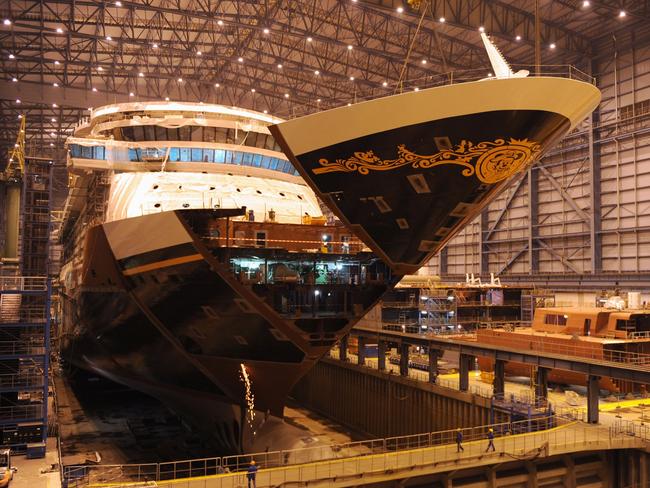
Large-scale shipbuilding for commercial rather than defence purposes was last carried out in Whyalla in the late 1970s, while shipbuilding at Osborne since the 1980s has been focused on building for the Australian Defence Force, rather than exports or commercial customers.
Mr Costello could not provide details on the cost and possible job numbers attached to the project, but said it was a key part of the process of connecting Fincantieri to local industry in SA, which would allow it to hit the ground running should it win the SEA 5000 Future Frigates contract.
A decision is expected to be made next year on the winning bidder for the Future Frigates program — part of the $89 billion overall naval shipbuilding program — which involves building nine ships in Adelaide from 2020.
BAE Systems, which has its Australian headquarters at Edinburgh in Adelaide’s north is also bidding for the contract along with Spanish company Navantia.
Mr Costello said there were already “dozens” of people working between Adelaide and Italy preparing for the Future Frigates opportunity. Workers expected to be involved in the cruise ship block build included production engineers as well as boilermakers, fitters and turners, welders and other production staff.
“The purpose of the job is for Australian shipbuilders to work with Fincantieri so we can establish our relationship, put in place our quality systems and prove the cost base of the local industry,’’ Mr Costello said.
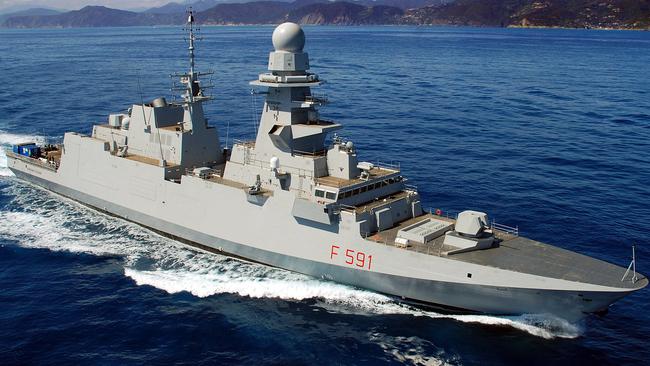
“If Fincantieri is selected for the Future Frigate program, we want to go into that with a trusted network of suppliers and partners. This job is about our shipbuilding partners working together so we have our relationship in place before the Future Frigates program kicks off.
“This work does not on its own sustain an industry. It’s about setting up relationships and proving systems before we go into a bigger job.
“There are some small jobs happening all the time ... but what is certainly true is that in terms of large-scale shipbuilding, this will be the first opportunity I can recall for the Adelaide shipbuilders and fabricators to participate in global programs.’’ Fincantieri has already said it intends to build an export shipbuilding industry should it win the contract and intends to list on the Australian Securities Exchange also, with its head office in Adelaide.
“There are two major pillars for Fincantieri in this job. The first one is to build the ship on time and on budget in the shipyard in Adelaide with an Australian workforce,’’ Mr Costello said. “We are going to be using an Australian supply chain as much as we can to build that ship.
“Australian steel, cables, shipyard consumables, obviously the workforce, with a supply chain. The next part is a program of technology transfer to build up new suppliers or new capabilities in suppliers so they can build more of the ship and they can build more of other ships.’’
The Fincantieri bid also involves constructing a ”major mechanical equipment factory” in the Adelaide shipyard which could not only provide elements such as gearboxes and propellers for Australian warships, but also for export.
“Recruiting activities are kicking off,’’ Mr Costello said. “If we’re selected, our first intake of engineering and technicians to the workforce starts immediately and they travel to Italy and they join the Fincantieri FREMM program where we’re building the final batch of the same design in Italy as for Australia, which is the perfect proving ground for our engineers.
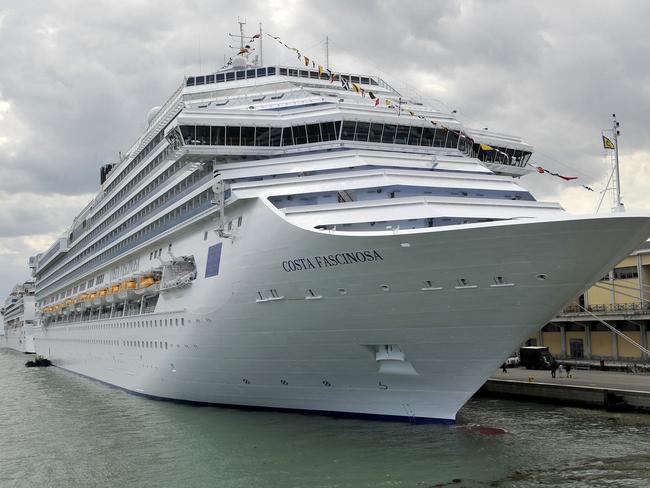
Fincantieri’s manufacturing hub could also feed into other sectors such as mining, Mr Costello said. The steel will be Australian. Cruise lines which have sourced ships from Fincantieri include P&O Cruises, Carnival and Costa.
Minister for Defence Industry Christopher Pyne congratulated the companies selected to put in proposals for the block build.
“I congratulate these great Australian companies who have been invited to provide proposals — ASC Shipbuilding, Adelaide Ship Construction International, MG Engineering and Ottaway Engineering,” Minister Pyne said.
“Today’s announcement that Australian companies have been invited to compete for work in a major international project is evidence that the Australian shipbuilding industry is well-regarded internationally and growing in its capability.
“I am pleased that, Fincantieri, one of the world’s leading shipbuilders, has provided the opportunity for Australian companies to join their global network of shipyards and to further grow the industry here.”
WHO IS FINCANTIERI?
■ Fincantieri operates 20 shipyards globally, including in the USA.
■ It is building the FREMM Frigates (also the base design for the Australian bid) for the Italian Navy, and delivering, with Lockheed Martin, the Littoral Combat Ships for the US Navy — the group says this experience is directly comparable to the Future Frigates program.
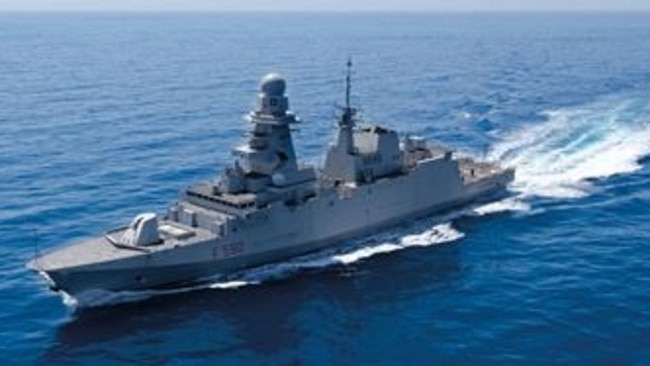
■ In South Australia, the group is partnering with Flinders University at the research level, including a maritime innovation challenge with Fincantieri’s research subsidiary CETENA, which will fund and support proposals submitted by Flinders University researchers in the area of maritime research.
■ Fincantieri Australia’s director is Sean Costello, who oversaw the successful French bid for the $50 billion submarine contract to his former employer Naval Group (previously called DCNS).
■ Opened an Adelaide office in September.
■ Has plans to list its Australian business unit for building the frigates on the Australian Stock Exchange.
THE NAVAL SHIPBUILDING PROGRAM
FUTURE SUBMARINES
■ Naval Group (formerly DCNS) has won the contract to deliver the 12 submarines.
■ First submarine likely to start construction in 2022—23 and enter service in the early 2030s. Construction will extend into the late 2040s with the last of the 12 boats likely to enter service in the early 2050s.
■ Construction of the future submarine fleet is expected to sustain about 1100 Australian direct build jobs and about 1700 Australian jobs through the supply chain.
FUTURE FRIGATES
■ BAE Systems, Fincantieri and Navantia are short-listed with a final selection to be made in 2018.
■ The nine new future frigates, optimised for antisubmarine warfare, will be introduced into service from the late 2020s.
■ They will be more capable than the Anzac Class frigates they will replace and will have sufficient range and endurance to operate effectively throughout maritime South East Asia.
■ WA shipbuilder Austal and SA’s ASC have teamed up to offer a fully Australian manufacturing team to the winning frigate design.
OFFSHORE PATROL VESSELS
■ All 12 offshore patrol vessels will be delivered by 2030 and will provide greater range and endurance than the existing Armidale Class patrol boat fleet.
■ WA shipbuilder Austal will work with ASC and its design partner Germany’s Lurssen on the $3bn contract to build 12 offshore patrol vessels for the Royal Australian Navy.
■ They will replace the navy’s 13 Armidale-class patrol boats.
■ Two leased Cape Class patrol boats will support the Armidale Class remediation program and lead into the introduction of the offshore patrol vessels.
■ Construction of the initial two offshore patrol vessels is planned to commence in Adelaide in 2018 before the program moves to Western Australia.
PACIFIC PATROL BOATS
■ Austal Ships has won the contract to design, construct and sustain 19 vessels at Henderson and Cairns.
■ Australia will provide these Guardian Class replacement patrol boats to 12 Pacific Island countries from 2018.

